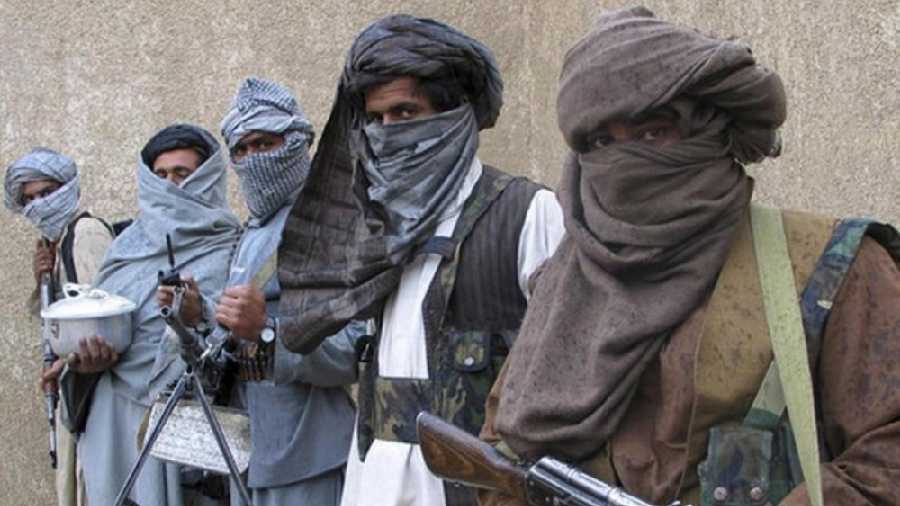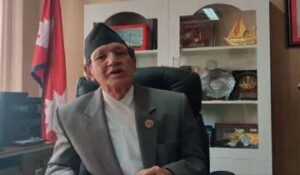
ReportPeace talk between Pak tribal council leaders and TTP reaches deadlock: Report
Talks between the leaders of the Pakistani and Tehreek-e-E-Taliban Pakistani (TTP) leaders who were detained in Afghanistan had reached a dead end, further complicating the efforts of the Pakistani government to end almost two decades of militancy in the border region that was wrestling.
The latest deadlock occurred after the militant group refused to resign from its request to reverse the merger of the tribal area that was managed federally with the Kyber Pakhtunkhwa Province, the Express Tribune newspaper reported on Monday.
The delegation consisted of 12 people, led by lawyer Mohammad Ali Saif, Special Assistant Head of Minister Khyber Pakhtunkhwa, reached Kabul on Saturday for the second round of negotiations with TTP leadership.
The visit came the day after the return of the Pakistani ulama delegation, led by Mufti Taqi Otmani, who visited Afghanistan from 25 to 29 July.
The first meeting was very short in which both parties introduced themselves and then concluded immediately after the Ottoman mufti said a prayer for the success of the peace process.
Mullah Hasan and Minister of Home Affairs Sirajuddin Haqqani held a second meeting where both parties openly discussed problems related to the peace process. Now elder ethnicThere is a deadlock. And the prospect of a peaceful agreement is not bright, the source connected to the peace efforts is quoted as said by the newspaper.
The second round of the conversation came when the government of Pakistan and TTP last month agreed to extend the ceasefire without time limits while continuing negotiations to find the end of almost two decades of militancy.
The purpose of the delegation visit is to use the good intentions of this religious scholar to persuade TTP to attract their demands.
Pakistan began the conversation with TTP in October last year at the request of the Afghan Taliban to find political solutions for this festering problem.
TTP, also known as the Taliban Pakistan, was established as a umbrella group of several militant clothing in 2007. The main goal is to force strict Islamic brands throughout Pakistan.
The group, believed to be close to Al-Qaeda, had been blamed for several deadly attacks throughout Pakistan, including attacks on the Army Headquarters in 2009, attacks on the Military Base and the 2008 Marriott Hotel bombing in Islamabad.
Jamiat Ulema-e-Islam-Fazlur Rahman Group leader from South Waziristan led Jirga before in June, and at the time they were, they claimed to have reached 90 percent of the target in the peace process with TTP leaders.



Average Rating